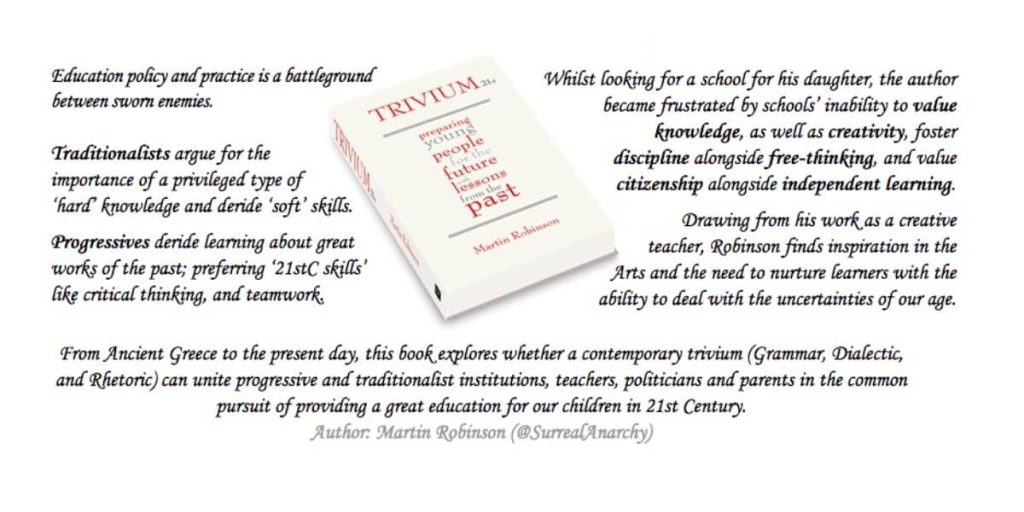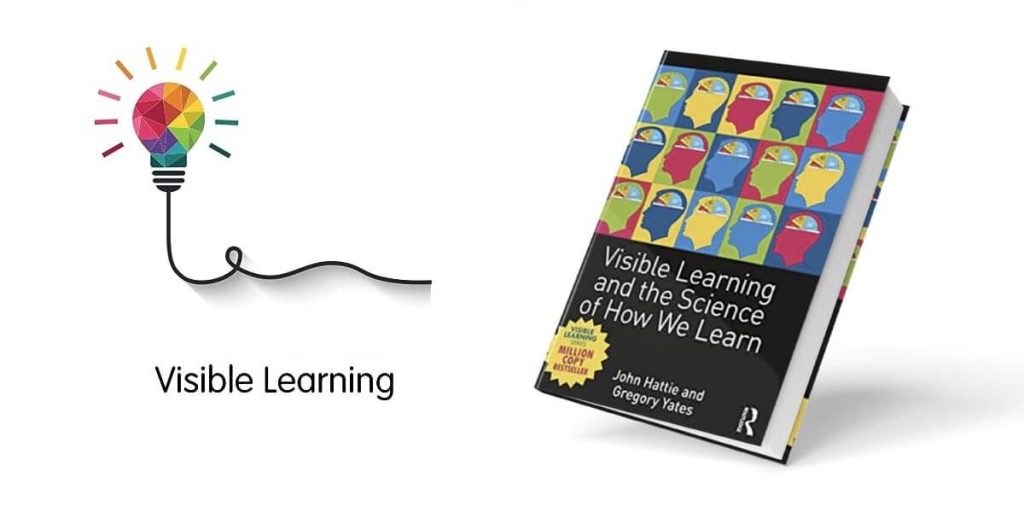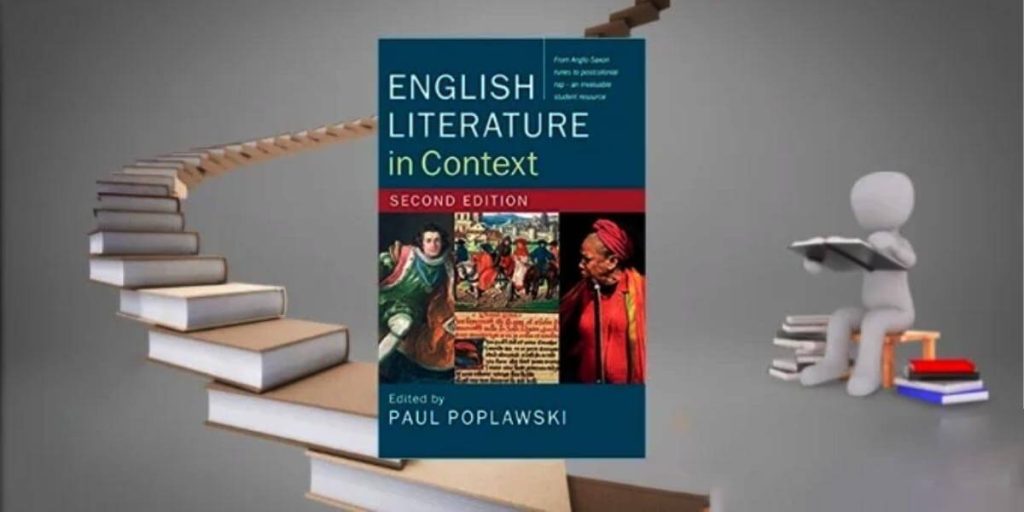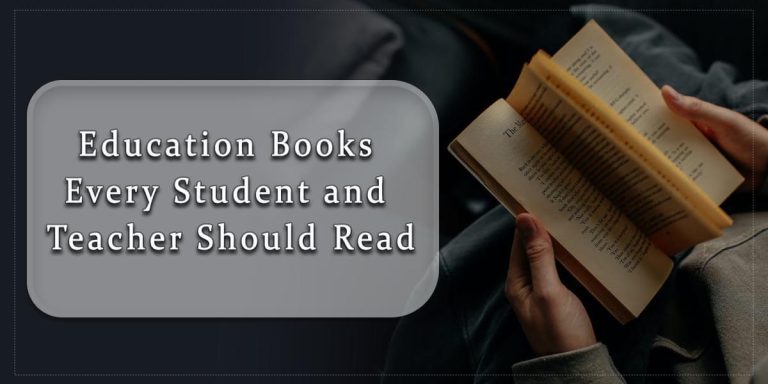A lot of Education Books have come out in the last ten years with ideas to help teachers have the most impact on their students’ learning. Education is a flexible, cross-disciplinary program that lets you look into what it means to be educated from childhood onwards, as well as how learning fits into different social, political, and economic situations, as well as how the mind grows.
Read These Education Books as a Teacher
The Hidden Lives of Learners
Nuthall sees three different worlds in the classroom. First, there is the public world, which is mostly run by the teacher and has lesson activities and routines that are easy to see. Second, there is the “semi-private world of ongoing peer relationships,” which is where students make friends and keep those friendships in school. Of course, there is also the student’s own mind, which is where real learning happens. This book takes those worlds’ layers off and shows many surprising things.
21c Trivium

In terms of what schools should do in general, this book has it all. Robinson uses the classical triumvirate of grammar and rhetoric to describe the kind of education he wants his daughter to have. This kind of education looks to the past to predict the future, which is hard to predict.
Embedded Formative Assessment
It’s possible that formative assessment is the most important idea in schools right now, but it’s also the one that people get wrong the most. In this Education Books, the creator of formative assessment not only explains the basic rules of good assessment but also shows how to use them in the classroom with examples based on years of research in the area.
Seven Myths About Education
Short but powerful Education Books by Christodoulou that question many common beliefs in education. For example, he questions the idea that skills are more important than knowledge, the idea that teacher-led instruction is passive, and the idea that you can’t just Google it. It doesn’t matter if you agree with everything in this book; every teacher should at least know what it says.
Visible Learning and the Science of How We Learn
Visible Learning, Hattie’s first book of magic, came out in 2009 and tried to shed light on the dark arts of pedagogy by analysing hundreds of studies as a whole. Together with cognitive psychologist Gregory Yates, Hattie writes this book that gives a very useful overview of how cognitive science lessons can be used in many different situations. A reference book that busy teachers can’t do without.

Education Books That Every Student Needs to Read
Introduction to Education Studies
For more than ten years, Introduction to Education Studies has been the most important book for students in the field. It walks readers through the main ideas, debates, and concepts in the field. Bartlett and Burton show you various viewpoints on education and the ideas that shape school systems by using sociology, philosophy, history, psychology, and policy as main educational themes. This book encourages you to take a critical, questioning approach to your studies so that you can gain an engaged and well-informed understanding of education. It does this by giving you easy access to research literature and being very aware of current events.
A Beginning to the Study of Education
This fourth edition of An Introduction to the Study of Education has been completely updated. It is a thorough and thought-provoking introduction to the study of education that makes students think about what education is, who it is for, and what it’s for. In it, all kinds of education and learning are looked at, from the early years to learning throughout life. There are ten brand-new chapters and a step-by-step guide to writing an essay in this new edition.
Education and International Development
Education and International Development is a complete introduction to the field. It talks about its history, major theories, key ideas, and areas of success. It also takes a critical look at new developments in policy, practice, and research.
Education Books has chapters that talk about important problems and inspiring projects in different countries around the world. The chapters focus on important issues like language, conflict, and teachers. This book is good for graduate students studying international education and for teachers and people who work in the field as a quick reference.
English Literature in Context

This book is meant to be both an introduction to English literature from the Middle Ages to the present day and a useful reference for students who are studying English Literature as a whole. Its main goal is to help students see how the historical background of the literature affected the literature of the time, and how later periods in literature have been affected by earlier ones. Education Books are carefully organised so that college students can easily use it. It has many pictures and text boxes that add to and summarise important background information.
The seven chronological chapters were written by a group of experts who are also very experienced teachers who know exactly what is expected of them in an undergraduate English course. Each chapter has a detailed timeline that can be used as a quick reference to quickly learn about the time period, as well as readings of some literary works in their proper context and suggestions for more reading that are marked up.
Read More: The Definitive Handbook for Educational Video Games for Children
Critical Views on Developing Theories in Psychology and the Study of Education
The book Psychology and the Study of Education: Critical Perspectives on Developing Theories looks at how psychology can be used in different educational settings and what it can teach us. New ideas about the psychology of education are brought to light through a wide range of sources, from recent research to important studies from the past.
This means looking at basic ideas about learning again, breaking down important ways of learning, and rethinking how things like memory, creativity, and gender affect learning. While challenging readers to think critically and question myths and misunderstandings, it also asks them to think again about how psychology might help us understand and change education.
A Student’s Guide to Education Studies
A Student’s Guide to Education Studies are an important Education Books for college students who are just starting to learn about the fascinating field of education. When this book came out for the first time in 2002, it helped to define the subject by bringing up new ideas that had not been thought of before. With the most recent research and ideas on policy, globalisation, learning, and knowledge, this new edition brings the subject up to date. It provides an easy-to-understand introduction to a wide range of education topics and issues.

